
Doctor has message for anyone who wakes up between 2am and 3am
If you frequently wake up around 2 a.m. or 3 a.m., you’re not alone — and it’s not always “just a bad night’s sleep.” Sleep experts and doctors explain that waking up during this specific window can often signal a disruption in your body’s internal balance — whether physical, emotional, or even psychological.
This is the time your body is supposed to be in deep, restorative sleep, when your cells regenerate, hormones regulate, and your brain performs essential detox functions. If you’re consistently waking up at this time, something is likely disturbing that natural rhythm.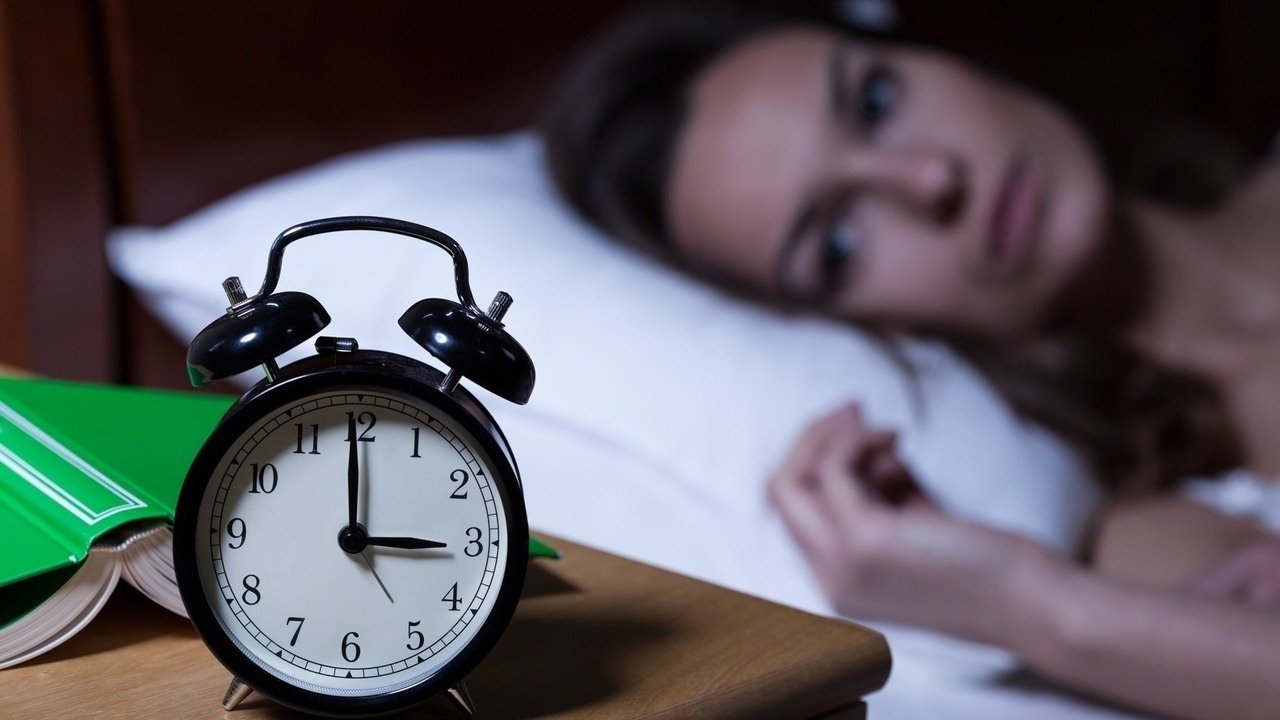
🧠 The Real Reasons You Wake Up at 2–3 a.m.
1. Stress and Emotional Overload
When you’re under constant pressure — whether from work, relationships, or life circumstances — your body struggles to fully relax, even at night. Chronic stress causes your cortisol levels (the stress hormone) to stay elevated when they should be dropping.
Normally, cortisol falls in the evening, allowing melatonin (the sleep hormone) to rise and help you drift into deep sleep. But if you’ve been overthinking or emotionally overwhelmed, your body may have a mini stress response in the early morning hours, jolting you awake.
🩺 Common signs:
-
You wake up with a racing heart or spiraling thoughts.
-
You feel wide awake and alert, even though it’s the middle of the night.
-
You feel unrefreshed in the morning despite sleeping long hours.
🧘 What to Do:
-
Practice deep breathing or guided meditation before bed.
-
Avoid emotionally triggering content — like stressful news or arguments — in the evening.
-
Try journaling before bed to clear your mind and reduce mental clutter.
-
Consider gentle yoga or stretching to calm your nervous system.
2. Liver Detoxification Issues
In Traditional Chinese Medicine (TCM), the liver is believed to be most active between 1 a.m. and 3 a.m. This is when the liver performs vital detoxification and blood filtration processes. If you’re waking up during this time, it may be a sign your liver is overworked, possibly due to a poor diet, alcohol, medications, or environmental toxins.
🩺 Common signs:
-
You wake up feeling thirsty or with a bitter taste in your mouth.
-
You’re bloated, sluggish, or irritable in the morning.
-
You experience headaches or skin breakouts more frequently.
🍵 What to Do:
-
Start your morning with warm water and lemon to support liver function.
-
Avoid alcohol, greasy, or processed foods — especially at night.
-
Incorporate liver-friendly foods like beets, turmeric, garlic, leafy greens, and dandelion tea.
-
Stay hydrated throughout the day — dehydration puts extra strain on your liver.
3. Blood Sugar Imbalance
Stable blood sugar levels are crucial for uninterrupted sleep. If you eat dinner too early, or if your evening meal is too light, your blood glucose may dip during the night. When your blood sugar drops too low, your body responds by releasing adrenaline or cortisol, which can wake you up suddenly — often between 2 and 3 a.m.
🩺 Common signs:
-
You wake up feeling shaky, sweaty, or hungry.
-
You have vivid dreams or even nightmares.
-
You feel drained in the morning despite spending 7–8 hours in bed.
🍽 What to Do:
-
Eat a well-balanced dinner with protein, complex carbs, and healthy fats (e.g., salmon with quinoa and vegetables).
-
Avoid sugary desserts or snacks close to bedtime.
-
Consider a small, nutrient-rich bedtime snack like a banana with almond butter or a slice of whole-grain toast with avocado.
-
Monitor your eating schedule — long gaps between meals can worsen blood sugar dips.
4. Hormonal Imbalance
Hormones play a huge role in your sleep cycle — especially for women going through perimenopause or menopause, but also in younger individuals with hormonal irregularities. Low levels of progesterone and fluctuating estrogen can make it hard to stay asleep, especially in the early morning hours.
🩺 Common signs:
-
Hot flashes or night sweats that wake you up.
-
Mood swings, anxiety, or low energy.
-
Consistently waking at the same time every night.
💡 What to Do:
-
Keep a regular sleep schedule, even on weekends.
-
Limit caffeine after 12 p.m. — it can interfere with hormonal balance.
-
Add hormone-supportive foods to your diet: flaxseeds, soy, walnuts, leafy greens, and chia seeds.
-
Talk to a healthcare provider about natural hormone therapy or supplements like vitex, magnesium, or B6.
5. Spiritual or Emotional Awakening (A Holistic Perspective)
In holistic health and energy practices, waking up between 2 and 3 a.m. is sometimes referred to as the “spiritual hour.” It’s believed to be a time when your subconscious is most active, processing unresolved grief, guilt, or suppressed emotions. Some believe it's your inner self trying to get your attention.
Even modern psychologists acknowledge that the early hours of the morning can be a time when repressed emotions rise to the surface, especially if you’ve been ignoring your needs during the day.
🧘 What to Do:
-
Reflect on any emotions or thoughts that come up — write them down.
-
Practice forgiveness journaling or gratitude lists before sleep.
-
Try a few minutes of breathwork or heart-focused meditation.
-
Seek support from a therapist or counselor if emotional stress feels too heavy to carry alone.
🥛 Natural Foods and Drinks That Support Sleep

Incorporating sleep-friendly foods into your evening routine can make a big difference in both sleep quality and how often you wake up during the night:
-
Chamomile tea – Soothes the nervous system and reduces mild anxiety.
-
Warm milk – Contains tryptophan, which helps produce melatonin and serotonin.
-
Bananas – Rich in magnesium and potassium; help relax muscles and nerves.
-
Kiwi – Boosts serotonin and has been shown to improve sleep duration.
-
Almonds – Good source of magnesium for more restful sleep.
-
Oatmeal – Naturally raises melatonin and keeps you full overnight.
✅ Avoid after 6–7 p.m.: Caffeine, alcohol, spicy foods, and heavy meals — all of which can interfere with deep sleep and cause night-time awakenings.
💊 Should You Take Sleeping Pills?
While over-the-counter or prescription sleeping pills might seem like a quick fix, they aren’t a long-term solution.
⚠️ Risks:
-
Your brain can become dependent, reducing natural melatonin production.
-
Long-term use may lead to daytime drowsiness, memory issues, or poor sleep quality.
-
They often treat the symptom, not the root cause of your sleep disturbance.
👉 Better approach:
-
Create a consistent sleep routine — same sleep/wake time daily.
-
Keep your bedroom cool, dark, and quiet.
-
Avoid screens for at least an hour before bedtime.
-
Add gentle exercise or walking into your day.
🛌 Final Thoughts
If waking up between 2 and 3 a.m. only happens once in a while, it’s usually nothing to worry about. But if it’s happening more than 3 times a week, your body may be trying to tell you something deeper.
Potential causes include:
-
Emotional stress or mental overload
-
Liver or digestion issues
-
Hormonal fluctuations
-
Sleep disorders or blood sugar drops
In such cases, consider getting a medical check-up, including blood tests and a sleep assessment. Listening to your body’s signals is the first step toward restoring balance and getting truly restful sleep.
News in the same category


Doctors Urge: Don’t Ignore Unexplained Bruising These Hidden Reasons Could Be the Cause

Struggling to Sleep? A Famous Doctor’s 60-Second Trick Could Change Your Nights Forever
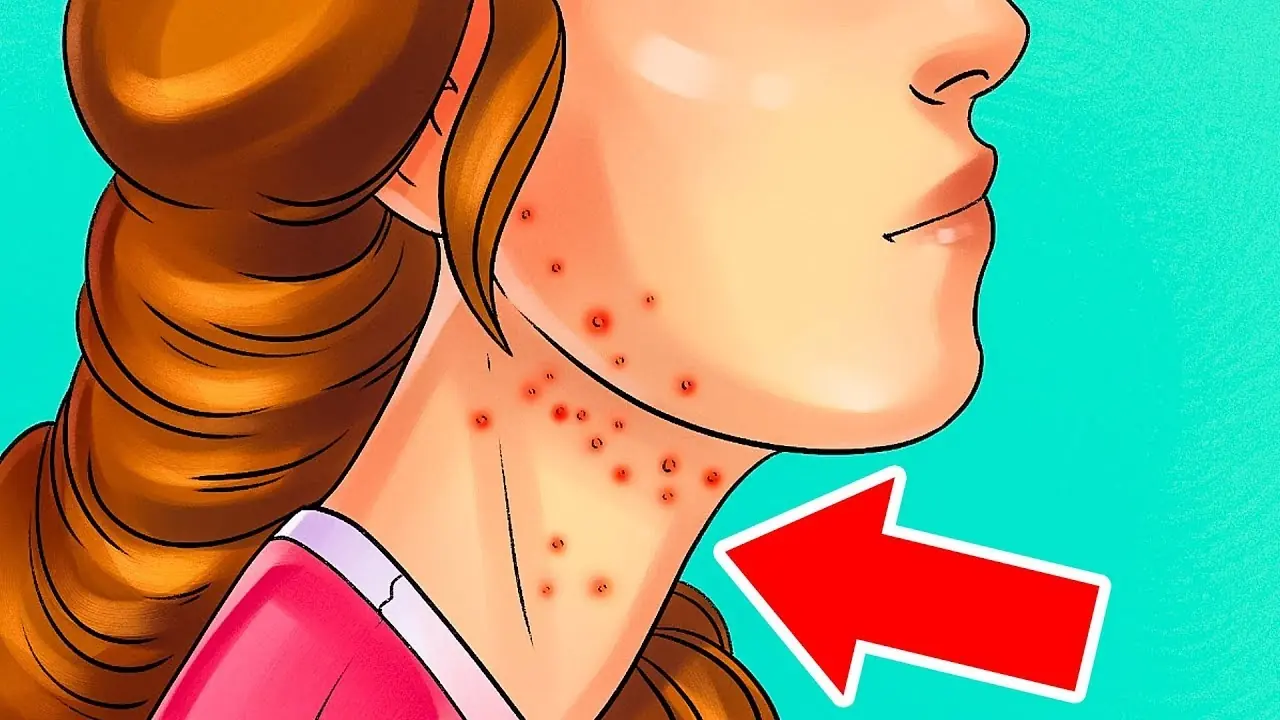
10 Urgent Warning Signs You’re Eating Too Much Sugar

Holding Cloves in Your Mouth: A Natural Way to Relieve Toothache

5 Hygiene Mistakes that Many People Make…

What Really Happens When You Drink Coffee Every Morning
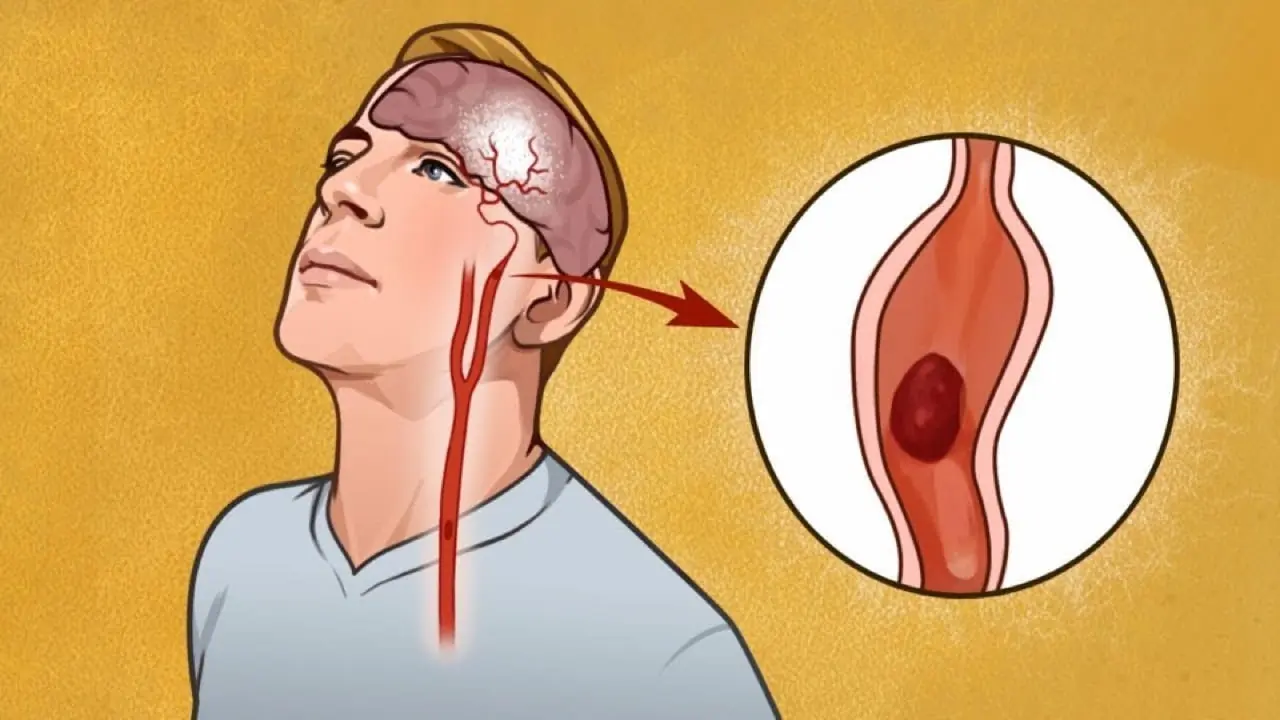
Warning Signs of Poor Blood Circulation You Can’t Afford to Miss
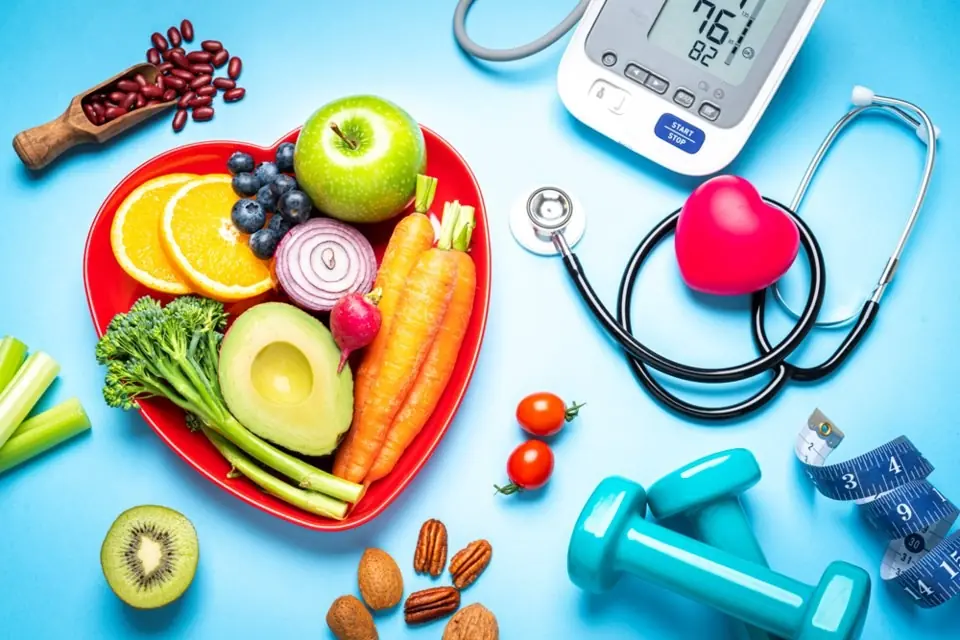
Eat THIS Daily to Keep Your Arteries Clean and Your Heart Healthy

Dates: The Single Food for Heart Attack, Hypertension, Stroke, and Cholesterol

Drink This 1 Cup to Improve Blood Flow and Circulation in Your Legs & Feet

Doctor Reveals 5 Powerful Snacks That Help Your Body Fight Cancer and Disease

The 3:3:10 Method: 3 Exercises to Improve Leg Circulation

Avoid ginger if you have these 5 health problems..
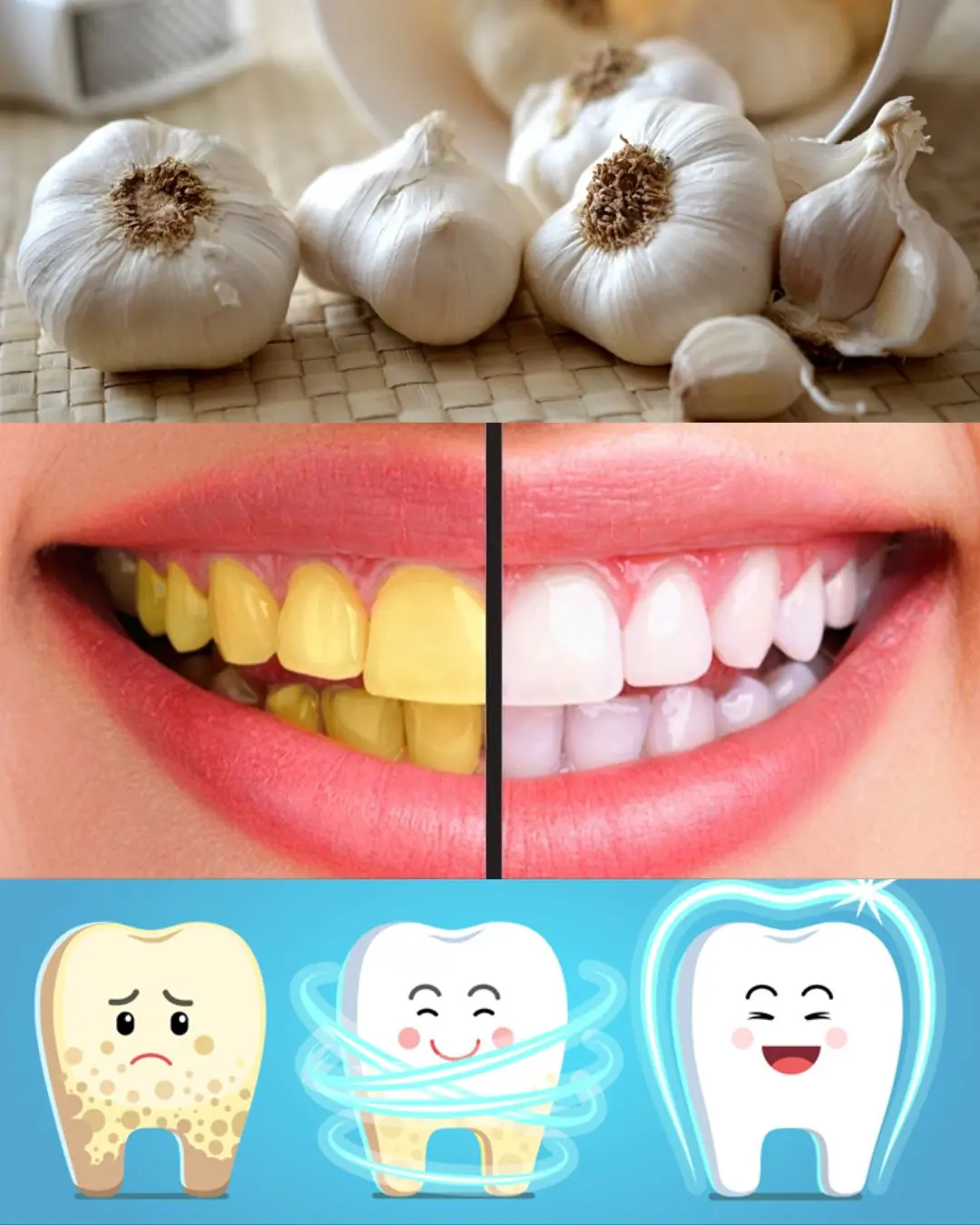
Improve your oral health naturally with garlic

🌙 7 Gentle Drinks Before Bed That May Support Blood Sugar & Reduce Nighttime Urination

When your liver is bad, these parts start to hurt

People with these 3 health problems should NEVER drink coffee
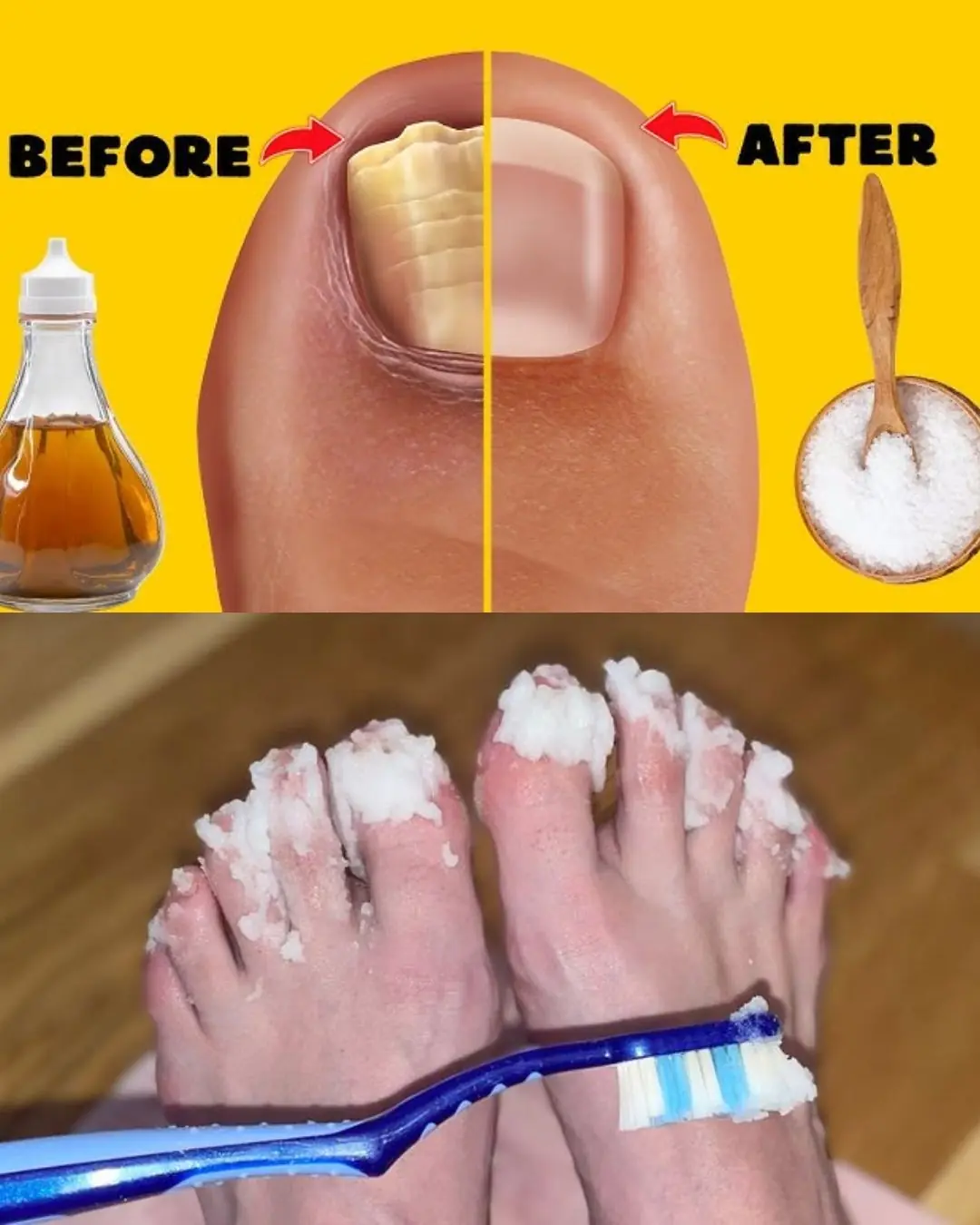
If you have nail fungus, try this natural cure; it goes away fast
News Post

Is It Right or Wrong to Place a Washing Machine in the Bathroom? Turns Out, Many People Have Been Mistaken All Along

The 4 Warning Signs Your Body May Show 15 Minutes Before a Stroke – Recognize Them and Call for Help Immediately

10 Warning Signs Your Liver is Overloaded with Toxins Don’t Ignore These!

The Powerful Medicinal Benefits and Uses of Senna alata

Doctors Urge: Don’t Ignore Unexplained Bruising These Hidden Reasons Could Be the Cause

Tips to Prevent Pots from Getting Blackened When Using a Gas Stove: Simple Tricks Everyone Should Know

What Is the Hole on Scissors For? Many Home Cooks Don’t Know This and It’s a Shame!

Struggling to Sleep? A Famous Doctor’s 60-Second Trick Could Change Your Nights Forever

What Mixing Vinegar, Salt, and Water Does?

Search Results for: Ginger–Turmeric–Honey: A Golden Natural Remedy

The Surprising Purpose of the Metal Part Between Scissors’ Handles

10 Urgent Warning Signs You’re Eating Too Much Sugar

Why You Should Never Pour Hot Water into Your Kitchen Sink

Unlock the Forbidden Sweetness: Why Dates Are the Ultimate Superfood Hiding in Plain Sight

Holding Cloves in Your Mouth: A Natural Way to Relieve Toothache

5 Hygiene Mistakes that Many People Make…

What Really Happens When You Drink Coffee Every Morning

Warning Signs of Poor Blood Circulation You Can’t Afford to Miss
